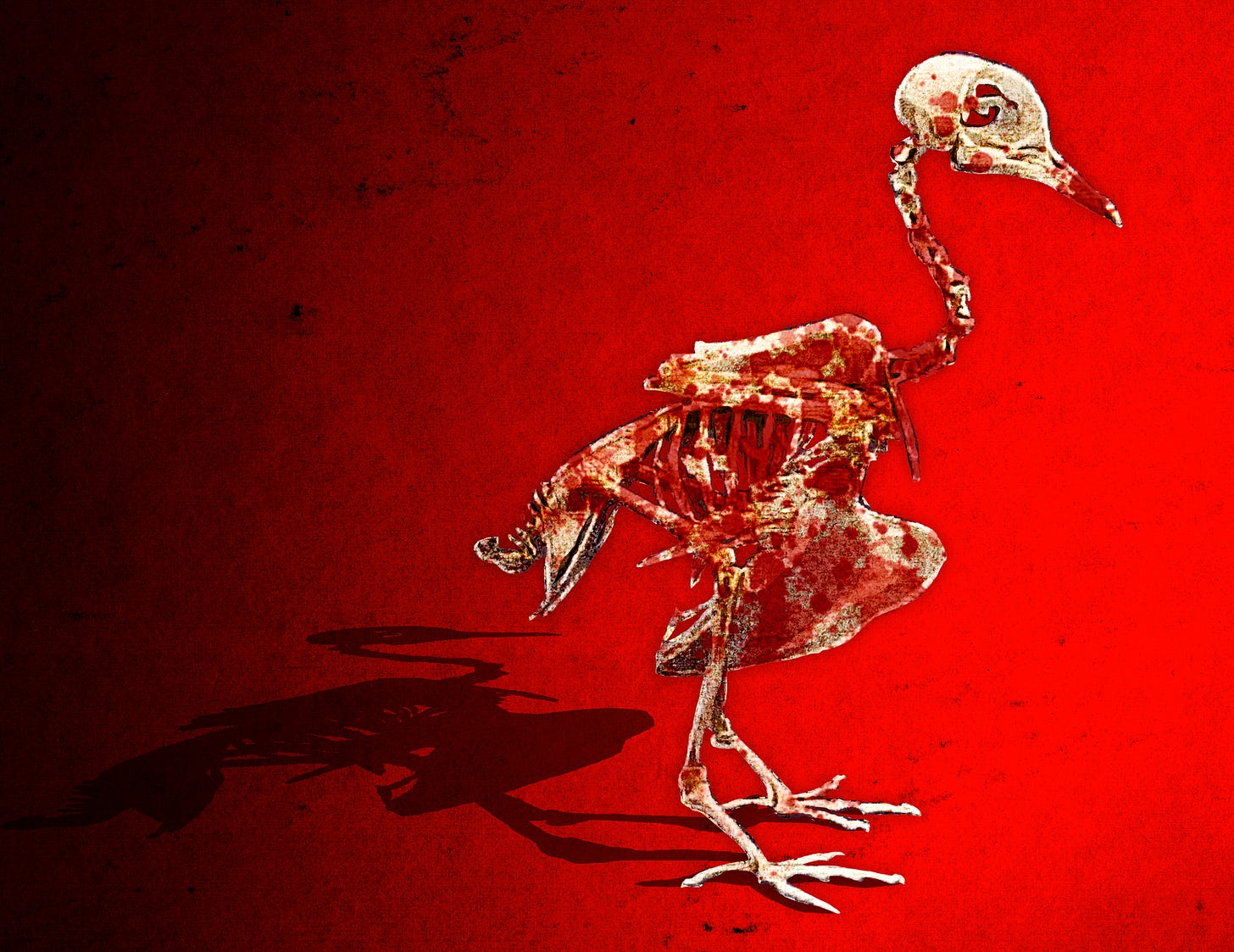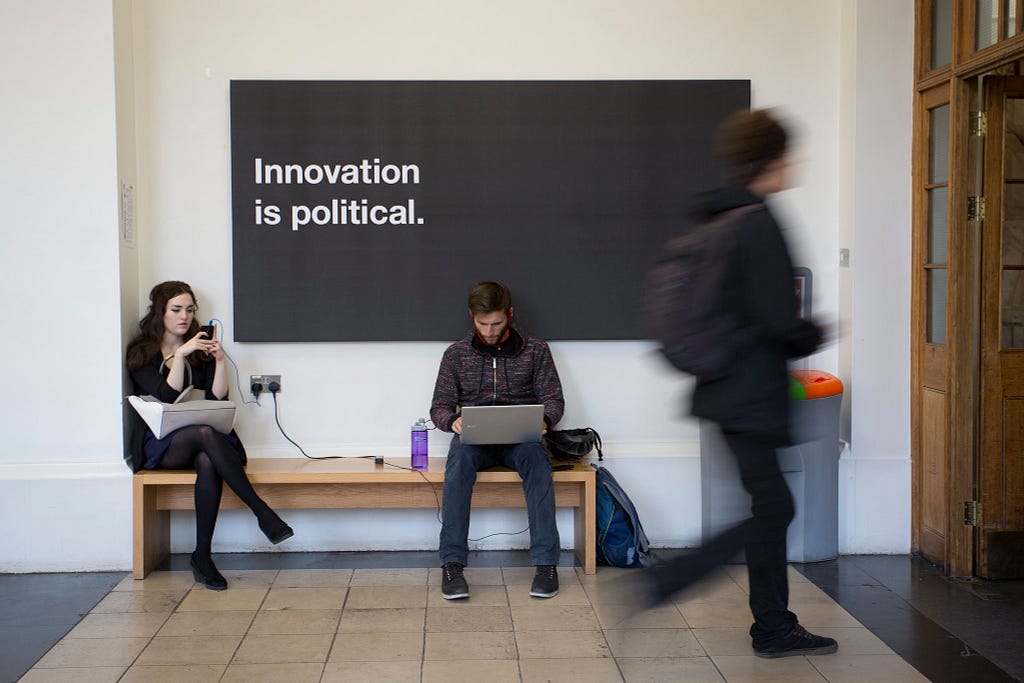Pornography has never been more free—free in a double sense because nearly anyone in the world can access pornography at little to no cost, and there are seemingly no limits to what can be pornographized. Given the pervasiveness of pornography in the world today, and its real impact on our political and personal lives, last month our Materialist Feminist Reading Group read Andrea Dworkin’s recently re-issued book Pornography: Men Possessing Women. At the end of the session, we considered the question: what ought to be the Left’s position on pornography? Or, as Dworkin provocatively puts it: can the Left have its whores and its politics too?









